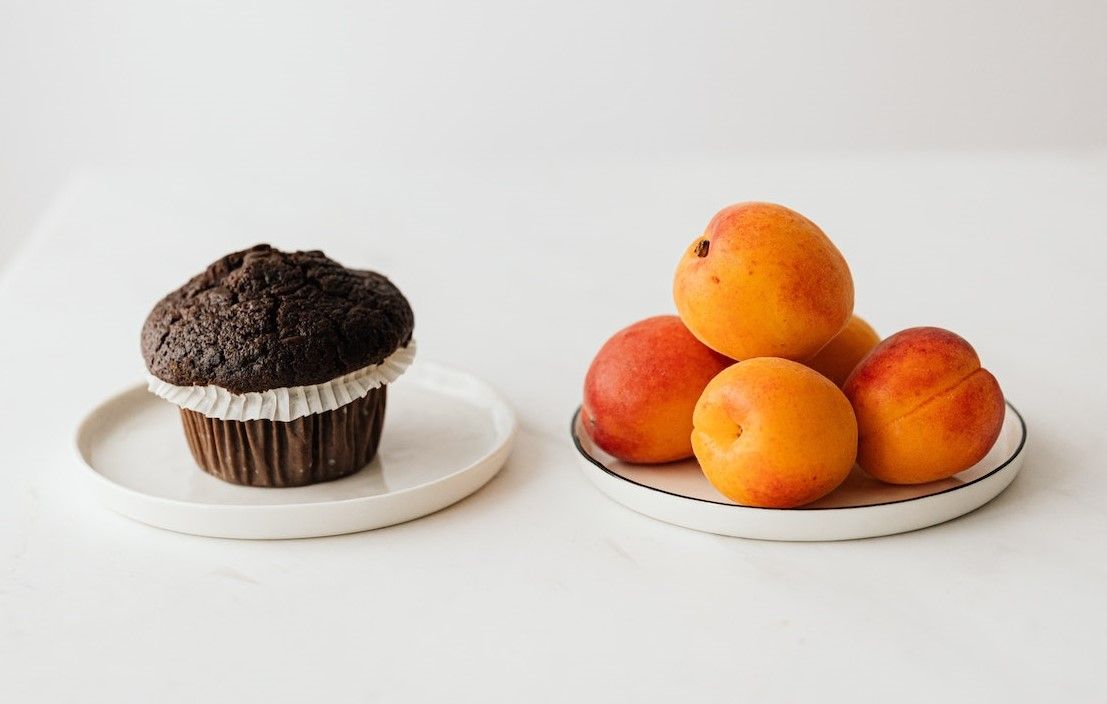The first month of the new year is about to come to an end. Many people must have started the new year with resolutions. My resolution is not to have any resolutions, perhaps the easiest resolution to keep. I don’t remember ever having any new year’s resolutions. I have never really given it a thought, but maybe it’s because I don’t want to deal with the disappointment of failing to keep one.
Ironically, I recently read ‘Atomic Habits’ by James Clear, which is about creating habits that help us fulfil our potential. I had come across it several times while browsing for some other books, but it’s only now that I have got myself a copy.
Let me share with you ten noteworthy ideas that I found in this book:
1) Often, we give up on good habits too soon. Clear reminds us that the effects of small habits remain unnoticed until a certain threshold is crossed and a new level of performance is unlocked. If we give up before reaching this level, then we would never know what we could have achieved if we had persisted a little more.
2) Whenever we try to build a habit, we choose a goal and try to achieve it. Clear cautions that everyone sets goals but only a few achieve them. Once a goal is decided, we must focus on our processes and not just obsess about the outcome. Building a system that focuses on doing the right thing makes all the difference in the long run.
3) Any behaviour incompatible with our inner self is not going to last long. To build good habits, we need to change the beliefs that lie at the root of our behaviour. For example, if you believe yourself to be lazy, then it would be impossible for you to maintain an exercise routine just based on motivation. If you identify yourself as an active, health-conscious person, you are more likely to act like the kind of person you believe yourself to be. When our actions and our identity are aligned with each other, performing a habit is not a deliberate act but a natural thing to do.
4) Building a new behaviour often seems like a task, especially in the beginning. So, we must start small and build up from there. Habits are those activities that have been repeated enough to become automatic. Habits allow us to work in auto mode and by doing so, they let us think freely and be more evolved. So, habits don’t restrict us but set us free to move to the next level of self-improvement.
5) It’s not the lack of motivation but a lack of clarity that limits our intention to create a new habit. Having a specific plan about when, where, and how we will do a certain thing helps us be more committed. It also helps us be aware of things that may distract or disrupt us. Along the same lines, clear visual cues are the most effective in making a good habit obvious and attractive. And to avoid bad habits, make them invisible and unattractive. For example, you can keep the mobile phone in some other room before going to bed and instead use the alarm clock to wake you up to reduce screen time.
6) Our habits are conditioned by our relationship with our surroundings. You must have noticed that it’s easier to do something in a new setting than to struggle with it in the existing circumstances. That’s why redefining spaces in our current setting also helps in building better habits. For instance, demarcating separate rooms or locations for different activities leads to a better experience in each of those activities. Like it’s easier to focus and study in a place like a library or a study room.
7) Disciplined people build better systems such that they avoid tempting situations altogether and thus don’t have to exercise self-control too often. Clear warns that you can get rid of a bad habit, but you cannot forget it completely as it gets imprinted in your mind. That’s why resistance is often futile. It’s much better to avoid or root out bad habits as soon as possible by creating a more disciplined environment. Prompt and adequate punishments for bad behaviors will help to curb them.
8) The brain tries to conserve precious energy. It is wired to prefer activities that deliver the most value with the least effort. We want to do what comes easily to us. Different people are genetically at an advantage when doing certain things and at a disadvantage when doing certain other things. Though we can work hard, it’s easier and more satisfying to build habits that fit naturally into our life. However, a potent way to surpass natural tendencies is to master a skill till you internalize it.
9) When we work in auto mode, we feel like we are making progress. We could easily get complacent and procrastinate instead of putting in renewed efforts to get to the next level of performance. Habits are powerful and mindfulness is needed to not get stuck in the auto mode of the current level. Tracking your habits will not only help in recording your previous actions which will motivate you to take the next step but also in assessing your progress to plan better for the future.
10) We are most motivated when we are working on something right on the edge of our present skills and capabilities, i.e., it must have the right balance of ease and difficulty. You must consistently challenge yourselves to push yourselves to your edge while making enough progress at the current level to remain motivated. However, no work can remain interesting forever, and getting bored is the biggest threat to self-improvement. To be great at anything, sooner or later, you must fall in love with boredom.
Among many other tips, Clear suggests ‘Temptation Bundling’, which links an action you want to do with an action you need to do. Like you can combine listening to music or an audiobook (the thing you want to do) with exercising or doing simple chores (the thing you need to do). Overall, it’s a comprehensive operative manual with lots of great ideas and practical tips to build better habits.
Because we become our habits, it’s for the best that I ditch my resolution to have no resolution. Let me give self-improvement a chance to shape the remaining eleven months of 2023. Better late than never.
Image: https://www.pexels.com/









Comments & Discussion
21 COMMENTS
Please login to read members' comments and participate in the discussion.